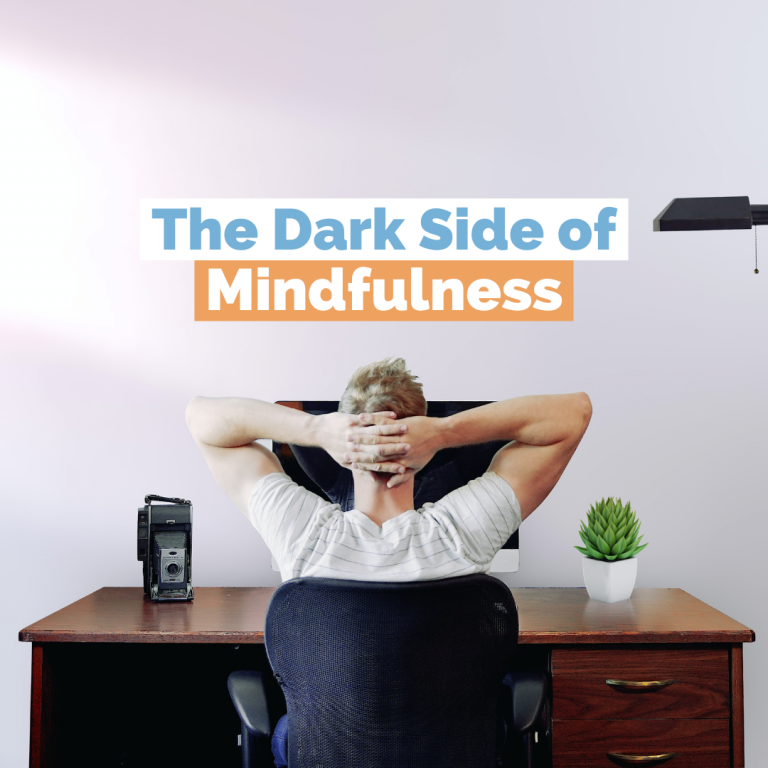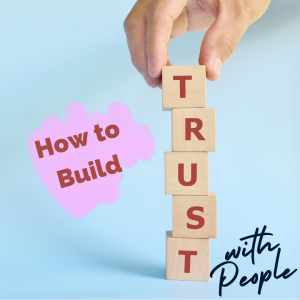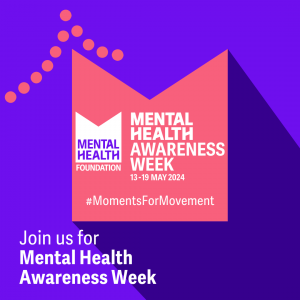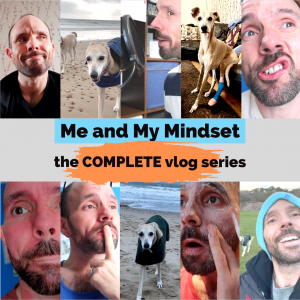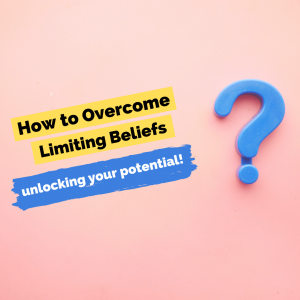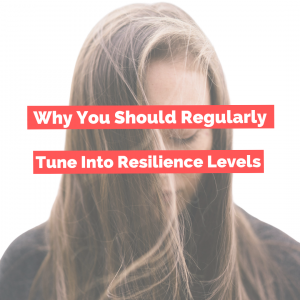Mindfulness has been heralded as one of the wonders of the wellbeing world. It’s widely proven to promote calmness, helping us be more present and encouraging reflective, introspective moments. Yet what is the dark side of mindfulness where we risk it being mis-used and therefore abused?
Being mindful gives us the chance to sit still, be quiet, focus on our breath, and be at one with our thoughts. A perfect remedy for wellness and happiness to weather the storms of stress in our lives, right?
Mindfulness is rooted in Buddhist philosophy. Its literal translation is ‘sati’, which means ‘intentness of mind’, ‘wakefulness of mind’, and ‘lucidity of mind’.
What's not to like?
Well, these tweets are just a few examples suggesting that some may have a different – nay, sceptical – perspective, and it caught my attention (not in a mindful way…). It made me pause and ponder: does the dark side of mindfulness mean that there are downsides to being mindful? What are the risks of being too mindful and what should we consider to make sure we stay truly mindful at work?
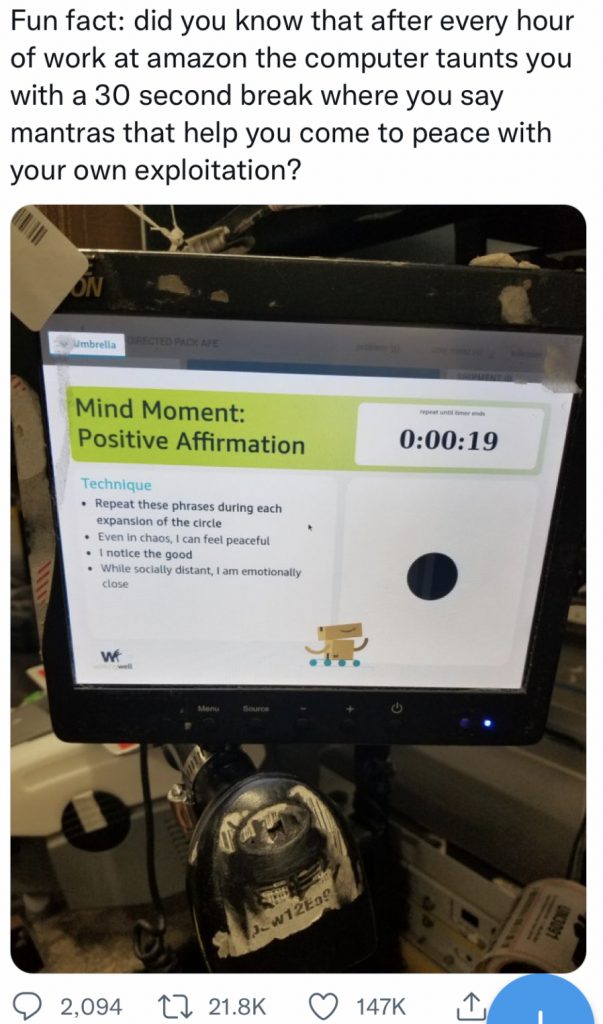
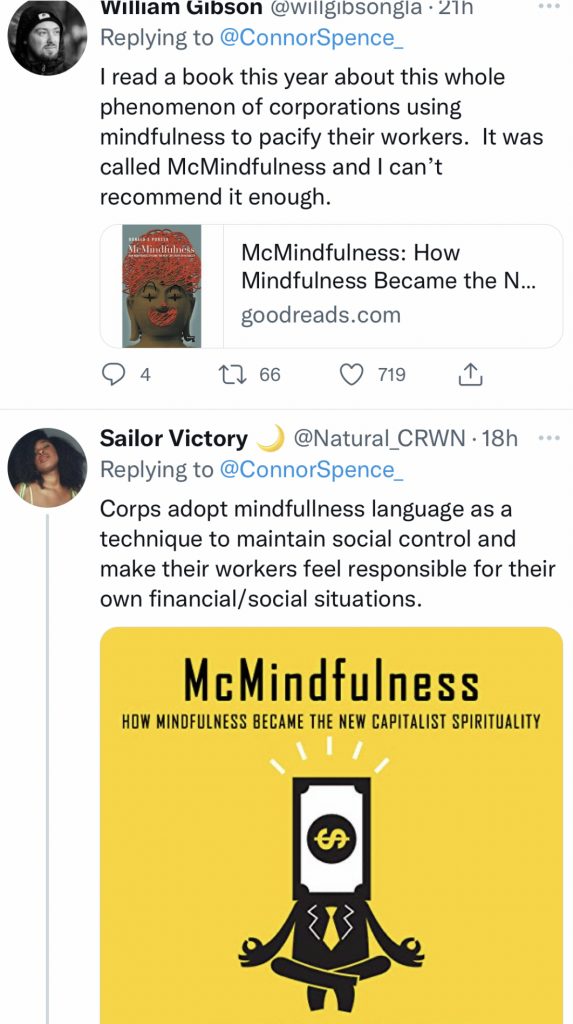





What we do know is that mindfulness offers many benefits
- Being ‘present’ can help us be more focused, stay on task, to communicate more clearly and empathically, avoid getting caught up in cycles of rumination and worry, and perhaps even enjoy life more.
- It’s true that changing the way we use our attention takes practice. After all, the world of life and work is geared up for mind-less-ness. Daily distractions, competing demands, and an ingrained need to multi-task constantly tempt and tantalise us. It’s arguably much easier to default to Autopilot’s cosy embrace when we’re feeling stressed, hassled, hurried, or trying to move too fast.
- Yet, by practicing mindfulness we learn to cultivate those inner resources that allow us to handle challenging, trying, and stressful situations with more comfort, ease, and compassion.
- Companies like Google, Apple, and Sony have a mindfulness offering that they at least claim has made their workforce happier, more productive and less prone to illness.
- A new study even suggests that Mindful-Based practice may reduce anxiety better than prescribed medication.
By not interacting mindfully with the world around us, we can perform far below our actual levels of intelligence or potential
With paybacks like these, it’s difficult to imagine the dark side of mindfulness. How could it possibly have any shortcomings whatsoever? Well, here goes; five thought-inciting questions for you – from the potentially dark side of mindfulness…
1. Are we practicing Mindfulness for the right reasons?
In his book McMindfulness: How Mindfulness Became the New Capitalist Spirituality’, Ronald Purser argues that today, as mindfulness has grown in popularity, it has been diluted and highjacked by some companies for not necessarily the ‘right’ or ‘true’ reasons (aka capitalism). How far do we need to venture into advocating the benefits of ‘right mindfulness’ practice before ‘wrong mindfulness’ takes over?
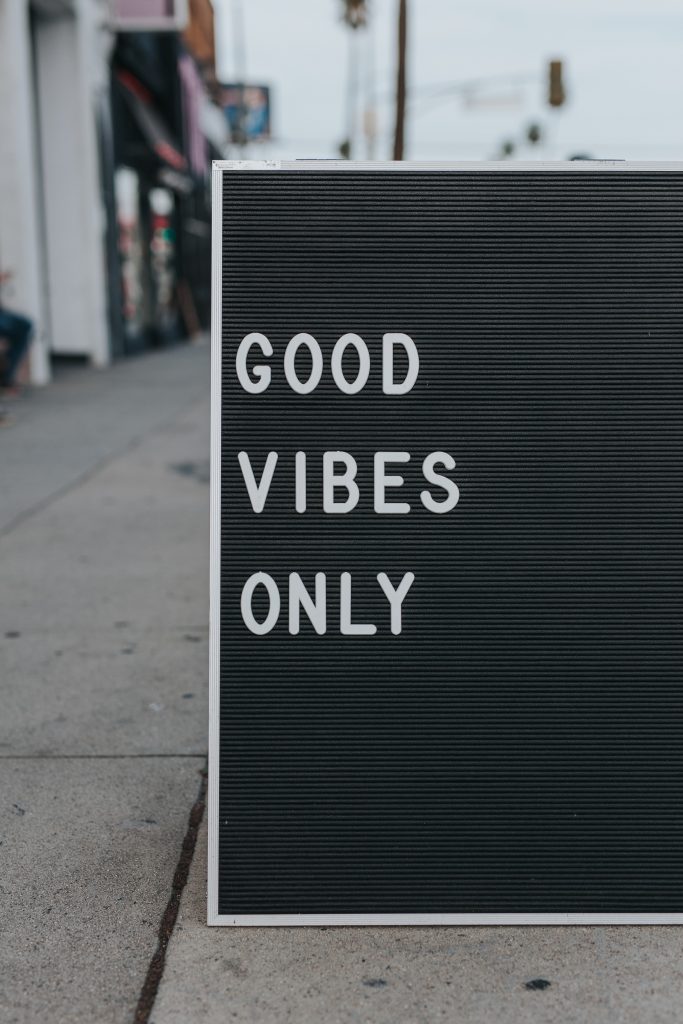


2. Are we at risk of jumping onto the mindfulness bandwagon?
As our awareness, knowledge and enthusiasm for mindfulness grows, should we be concerned about the fad-effect of overusing it or trying to use it when other wellbeing strategies may be more effective?
If all you have is a hammer, everything looks like a nail.
There are many other techniques and skills that could be crowded out when it comes to managing anxiety, performing to our best, and achieving professional and personal fulfilment.
3. Could mindfulness be an avoidance tactic?
The great thing about Mindfulness is that it encourages us to let our thoughts drift by, without engagement. We just observe and notice them. Yet are there some challenges and issues that we should be tackling head-on, with greater focus and a more thought/task-oriented/rational thinking style? If we retreat into a meditative mindset and disconnect too much, perhaps we risk using mindfulness to avoid confronting certain issues.
Download my ten point plan to build your resilience now
4. Can mindfulness make us more stressed?
Here’s an interesting read about a manager who required his team to participate several times per week in a 10–15-minute mindfulness session. The upshot? They dreaded it! The very exercise that was supposed to reduce work-related stress actually increased it. Mindfulness is rooted in a philosophy of self-belief and a desire to look after ourselves. It shouldn’t be something that is done unto us, even if it’s done unto with the most positive of intent.
5. Is mindfulness making us ill?
Media coverage often plays down the experiences some have of things like panic attacks, the resurfacing of hidden trauma and other side effects such as depression and anxiety. Real challenges to our mental health exist and touch many of us either directly or indirectly. There is a valid argument that mindfulness is simply another word for ‘awareness’, yet it is being used by, for example, the NHS sometimes in place of talking therapies such as Cognitive Behavioural Therapy (CBT). Has mindfulness become so accessible with online apps and resources, that we need to make sure we aren’t doing more damage than good?



For me, mindfulness is about becoming more aware of our emotions and checking in on the health of our mindset. In turn, this gives us a bigger say in how we chose to deal with the challenges and stresses of life. Simply that. It may not work for everyone and it sure as anything isn’t going to ‘fix’ everyone.
Mindfulness is not a quick fix – nor is it a ‘magic wand’; it won’t take away the difficulties in life. It may be simple yet that doesn’t make it easy. Over time, with consistent practice and application, the benefits are thought to accrue.
Being aware of the many pros and the potential cons when it comes to the dark side of mindfulness – for us and those we work with – makes sense, so that we can go in willingly and with our eyes open. Learning how to stay (truly) mindful is just one of many choices we can make to cope with the demands of daily living. On balance, I cautiously include it as a powerful option when it comes to supporting ourselves and our wellbeing.

